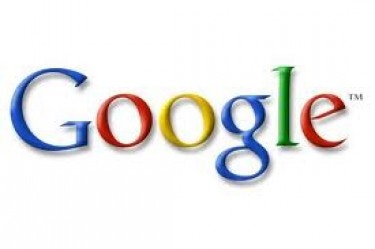The PC may not be dead yet, but the distinction between good old PCs and mobile devices like smartphones and tablets is becoming increasingly blurry. The fusion between desktop and mobile ecosystems, the rise of cloud computing and new hybrid devices mean that PCs as a standalone product category are losing relevance by the day.
Google Inc (NASDAQ:GOOG) and Apple Inc. (NASDAQ:AAPL) look like the clear winners from this revolution, while Microsoft Corporation (NASDAQ:MSFT) needs to adapt to the new paradigm before it´s too late.
Blurring the lines
According to IDC, tablet shipments will exceed those of portable PCs in 2013, and PC demand will be showing its second consecutive yearly decline this year. The research firm expects tablet shipments to outpace the entire PC market, portables and desktops combined, by 2015.
PCs are still important when it comes to business users and some particular tasks that require heavy computing power, but for many users tablets are becoming a more convenient alternative. If you are watching videos, reading, engaging in social networks and checking emails, there is really no need for a PC, and a tablet provides a superior experience.
It´s not so much that the PC is dying, but the distinction between PCs, tablets and smartphones is becoming outdated in a time in which the rise of cloud computing means that everything is stored online and easily accessible from different devices in any place at any time: consumers can choose different devices depending on particular preferences, the specific circumstance and the task at hand.
Phablets are blurring the line between smartphones and tablets, while chromebooks provide the middle ground between tablets and PCs. In a similar way, tablets like the 128 GB iPad from Apple Inc. (NASDAQ:AAPL) and the Surface Pro from Microsoft Corporation (NASDAQ:MSFT) can be considered examples of tablets approaching PC terrain by providing more power, storage and functionality.
Major industry players are making their mobile and desktop platforms converge, which is a clear indication on the fact that the old distinctions are no longer clear.
Apple Inc. (NASDAQ:AAPL) is definitely moving in that direction with its latest operating systems, OS X Mavericks for desktop and iOS7 for mobile: apps and services that were only available for iOS like Maps and iBooks have been brought to the desktop Some applications have been redesigned, and they now look much more similar in both platforms. Even the way OS X Maverics handles memory and notifications is very similar to iOS.
Google Inc (NASDAQ:GOOG) Chairman Eric Smith admitted in the 2011 Mobile World Congress trade show in Barcelona that the company aims to eventually fuse Android and Chrome OS. More recently, back in March of this year, Google Inc (NASDAQ:GOOG) named Sundar Pichai in charge of both Android and Chrome OS, which seems like a clear way to promote the convergence of its mobile and desktop operating system.
Microsoft Corporation (NASDAQ:MSFT) has developed Windows 8 as the one and only operating system for tablets and PCs, and Surface Pro is a clear attempt to build a single device that can be used as both a laptop and a tablet. Office 365 is bet on cloud computing, which seems to be doing pretty well considering that Microsoft Corporation (NASDAQ:MSFT) announced last month that there are more than 1 million Office 365 home premium subscribers.
Investment implications
Whether we say that the PC is dying, or that the dividing lines between PCs and mobile devices are getting blurred, the implications for different players are the same. At the end of the day, companies need to make sure they are well positioned to adapt and thrive in a computing industry in which the PC is not the center anymore; computing will become increasingly mobile and cloud based over the next years.






